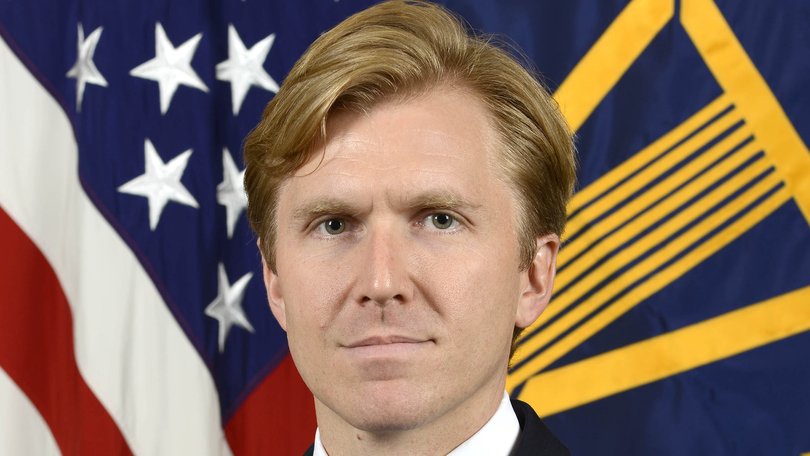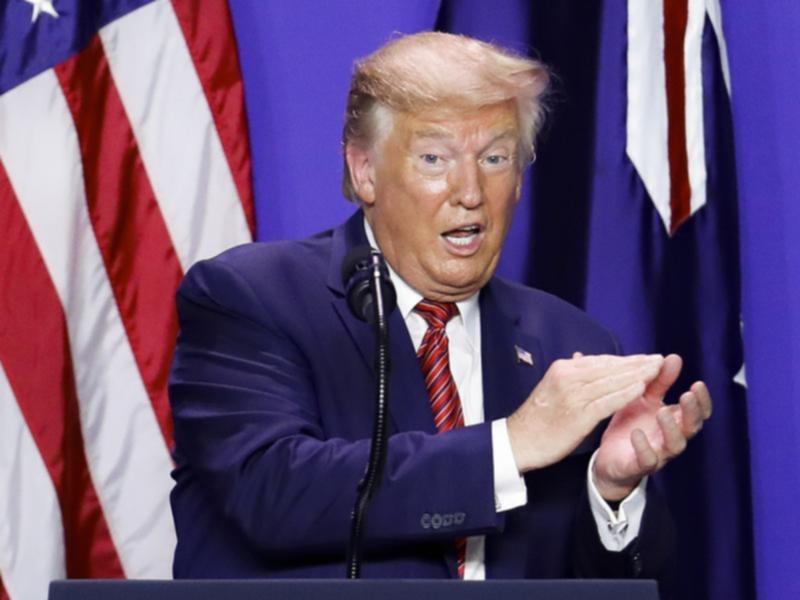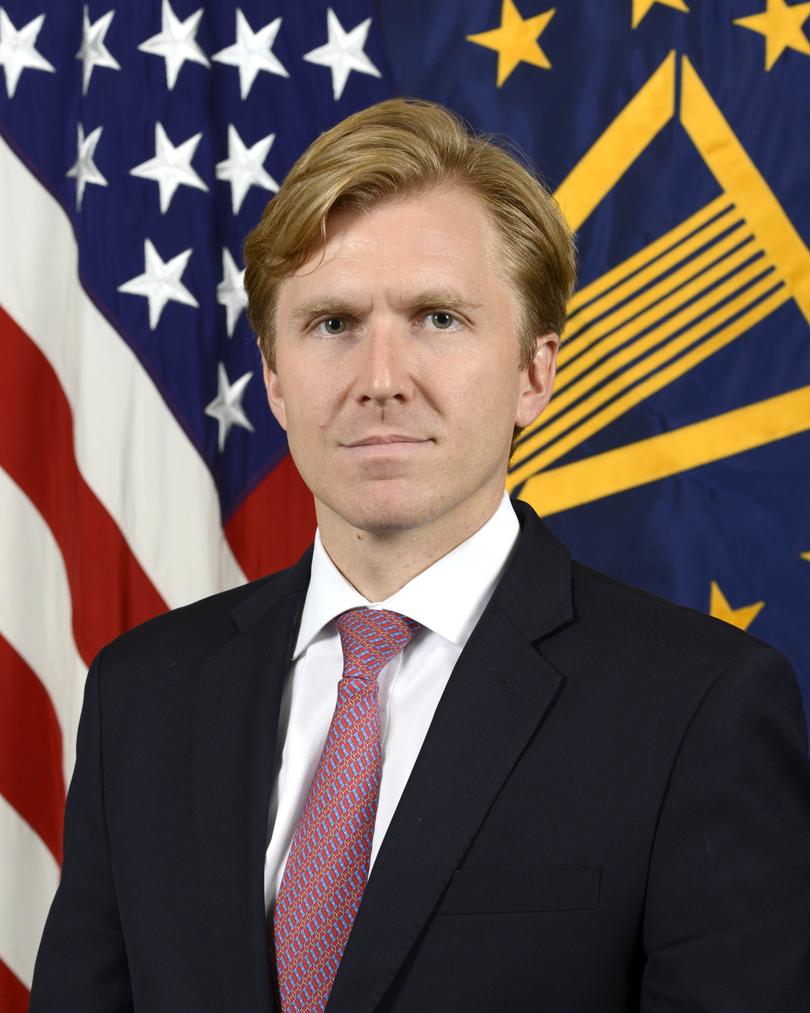Elbridge Colby: Man vying to be Donald Trump’s next security adviser questions viability of AUKUS
Before an official review into AUKUS was launched by deal sceptic Elbridge Corby, the Pentagon’s now Deputy Under Secretary of Defence for Policy shared his ‘concerns’ exclusively with The Nightly in 2024.

Before an official review into AUKUS was launched by deal sceptic Elbridge Corby, the Pentagon’s now Deputy Under Secretary of Defence for Policy shared his ‘concerns’ exclusively with The Nightly.
From June 18, 2024
The man vying to become Donald Trump’s next security adviser, Elbridge Colby, has suggested he would not have advised the United States to agree to AUKUS and questioned the benefits of the plan to deliver Australia nuclear-powered submarines.
Sign up to The Nightly's newsletters.
Get the first look at the digital newspaper, curated daily stories and breaking headlines delivered to your inbox.
By continuing you agree to our Terms and Privacy Policy.But in response to questions from The Nightly, Mr Colby said he would not withdraw the US from the agreement lightly.
Mr Colby is believed to be a prime candidate to become the next national security adviser if the Republican candidate is re-elected in November.
Speaking in London on Monday, Mr Colby said that US shipbuilding could not keep pace with the target of delivering Australia subs by 2032 and questioned why the US was giving away its most lethal assets to a country that was not even guaranteeing it would use them in the event of a conflict over Taiwan.
“My concern is why are we giving away this crown jewel asset when we most need it?” Colby told the Westminster think tank Policy Exchange.
“If you can solve the submarine industrial base — which people in the Biden Administration that I’ve spoken to, they believe that they can — that’s a conditional concern that I have.”
He said another issue was that the program, even if it worked, could be too late to deter Chinese President Xi Jinping from attacking Tawain.
“AUKUS is only going to lead to more submarines collectively in 10, 15, 20 years, which is way beyond the window of maximum danger, which is really in this decade,” Mr Colby said.
“So the benefits are questionable and the viability is also questionable.”
Mr Colby said he would have been “quite skeptical” about signing off on the project had he been the national security adviser at the time AUKUS was proposed.
AUKUS was agreed by US President Joe Biden, and former prime ministers Scott Morrison and Boris Johnson at the G7 summit in Cornwall in 2021.

Last month Mr Morrison met Mr Trump to discuss the program and emerged from their meeting saying there had been a “welcome level of comfort about AUKUS” in their discussion.
Mr Trump has not commented on AUKUS which aims to deliver Australia Virginia-class submarines that will be built in the United States, as well as newly produced attack submarines called SSN AUKUS, which Australia and the UK hope to co-build.
Pressed by The Nightly whether he wanted the US to withdraw from the program, Mr Colby said he was not recommending junking the program — necessarily.
“I’m shooting a flare that there’s a lot of happy talk about AUKUS,” he said.

“If I were king for a day on the subject I would say ‘Look, you all know what my concerns are, let’s see if we can work through these together’.
“Because obviously, I wouldn’t recommend tossing over such an important commitment to two such important allies lightly, at all.”
Alan West, a retired Admiral and former chief of the British Navy told Mr Colby that: “Any attack on AUKUS would be a bad thing.”
“And the message would be a message seen by people like China,” Lord West said.

“And these things like alliances and actions and statements do make a difference.”
He said the United States remained the “big player” in the world despite China’s “omnipresence”.
“It is very concerning for us, we are in power terms small nations.
“The US is frightfully important to us and it’s very important that we get the right message across.”
Alessio Patalano, who specialises on AUKUS as Professor of War and Strategy in East Asia at the Department of War Studies at King’s College London, said Mr Colby’s cold pragmatism caused discomfort in the room.
“Everything he said did not invite a sense of trust because most of the observations that he made were all conditional against where the United States is and if this didn’t suit it was a case of I’m happy to pull the rug from under your feet,” Professor Patalano said.
“The conversation about AUKUS was also contradictory.
“On one hand Mr Colby was saying he wanted to be careful about pulling the plug but on the other hand gave no guarantee about respecting what has been a very considerable commitment made by all three countries.”
But Professor Patalano said the most concerning aspect was Mr Colby’s complete dismissal of the value of deterring through political signalling.
“AUKUS has created unsettlement in China and we know this because they complain about it all the time,” he said.
“The Chinese are taking note and they do not necessarily have an answer and Mr Colby’s posturing completely undermined that.
“It was very mechanical and not very dynamic thinking.”

